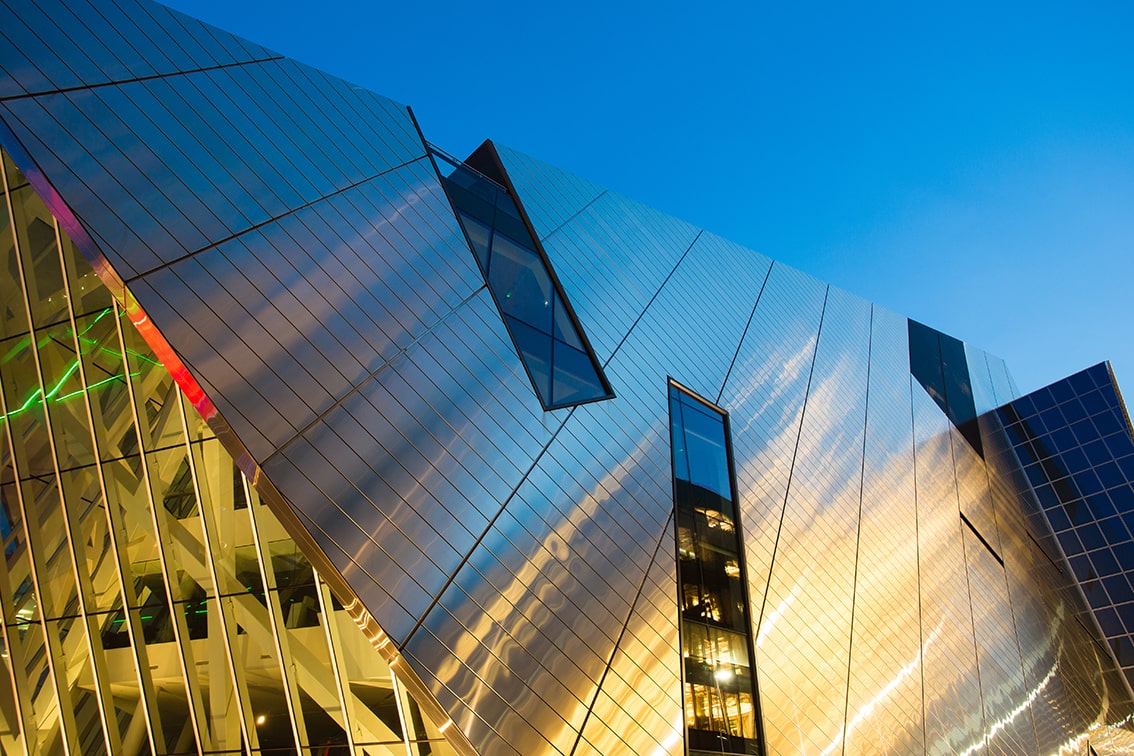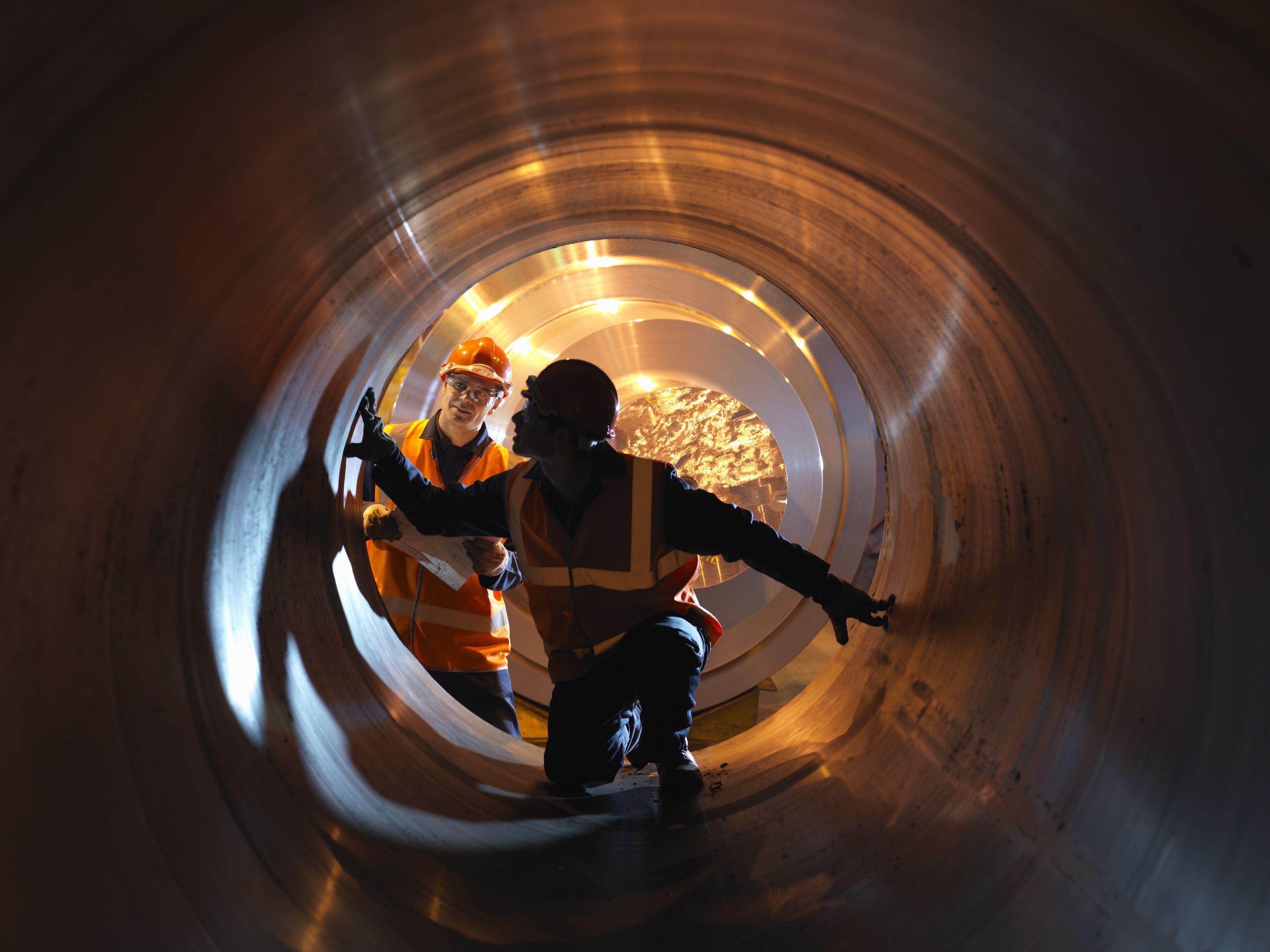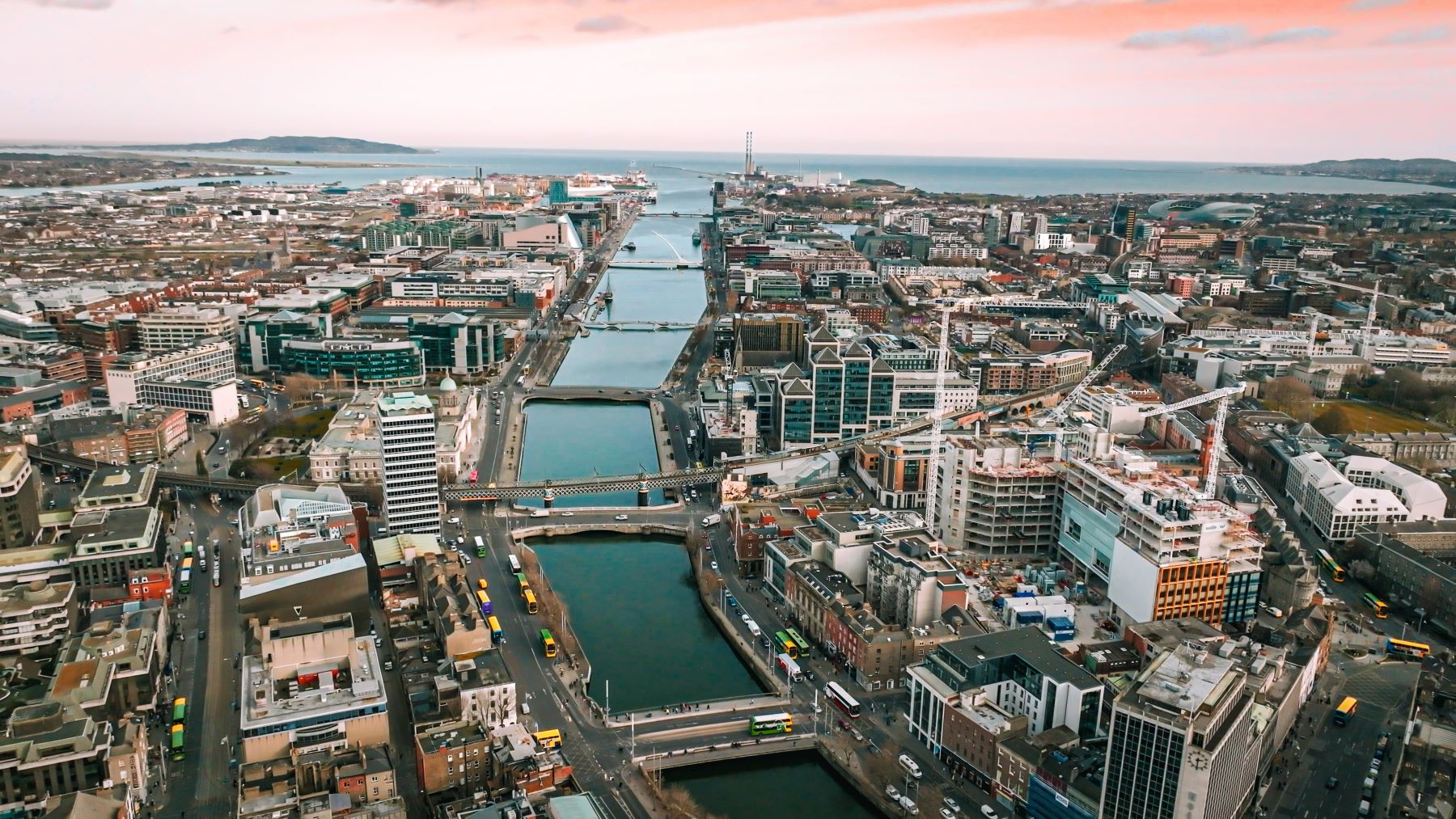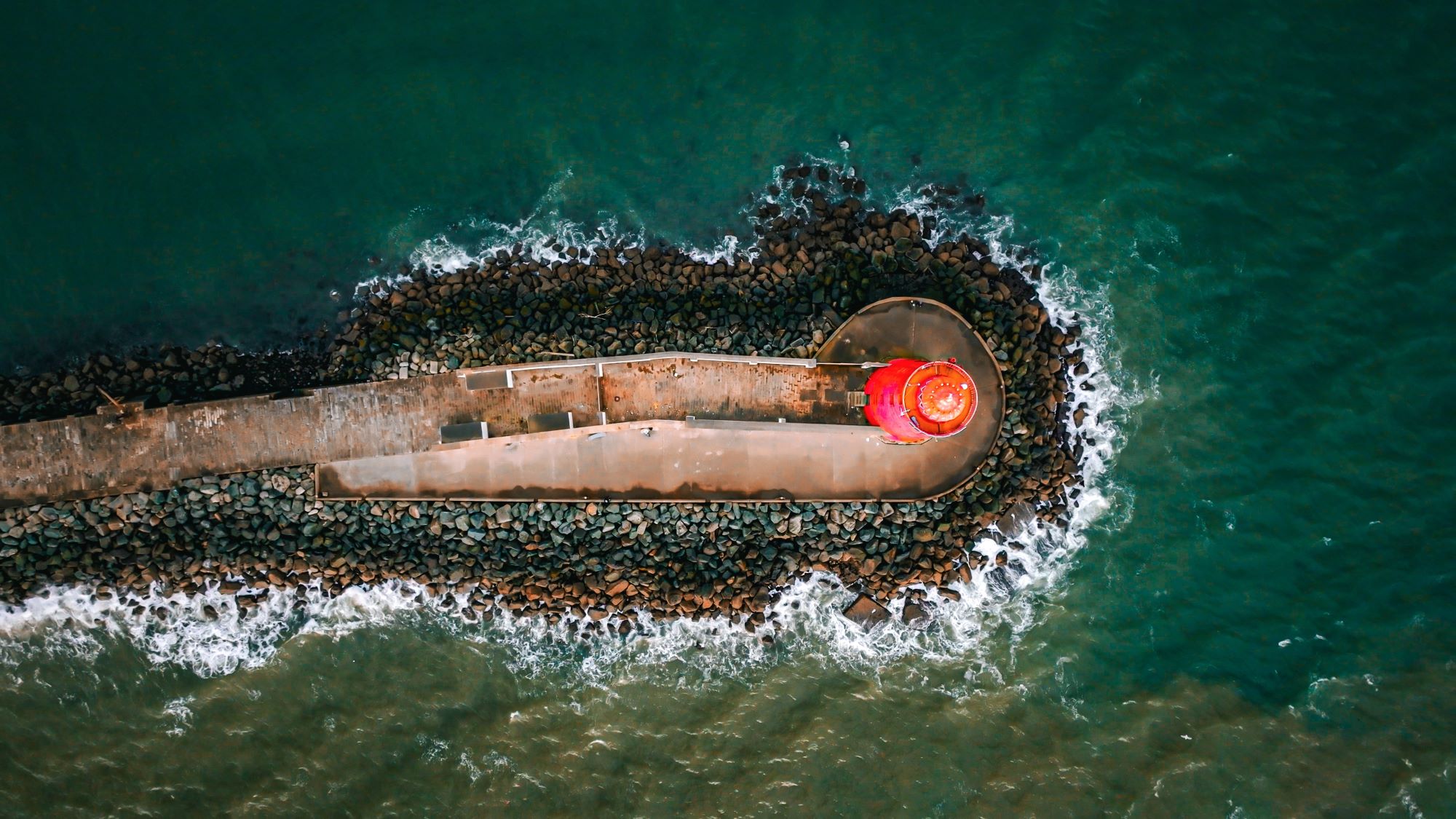Despite a challenging external environment IDA Ireland posted a strong performance in 2023. IDA Ireland won 248 investments in 2023, with an associated gross job creation potential of almost 19,000. The number of projects secured was up slightly on 2022 and included a record number of transformation investments in research, development and innovation (RD&I), talent development, digitalisation, and sustainability. Direct employment in IDA Ireland client companies stood at 300,583 people nationally in 2023, with a record high regional employment figure of 163,471. Beyond direct employment, expenditure by IDA Ireland clients in the economy across payroll, Irish materials and services, capital expenditure, and RD&I was also at record levels in 2023. These results were achieved with the support of stakeholders and the unstinting commitment and work of the IDA Ireland team in Ireland and across the world.
The scale of FDI’s impact places a major onus on ensuring that the existing base is, like any other national asset, supported to remain best in class. For IDA Ireland, this means partnering with existing clients on growth, transformation and competitiveness enhancing investments that safeguard the impact of FDI today and provide the foundations for future growth. We have strong momentum in this space, and it remains a priority focus in 2024.
Looking ahead, IDA Ireland’s 2025-29 strategy will build on our dual focus of transforming the existing FDI footprint, while at the same time targeting growth and new opportunities that align with Ireland’s competitive advantages. Our success will continue to be dependent on the strong collaboration between IDA Ireland, the Department of Enterprise, Trade and Employment (DETE), a wide range of national and regional stakeholders, and our partner companies. IDA Ireland’s performance over the first half of 2024 has been positive and we remain confident that, with the right enabling conditions in place, Ireland can continue to realise strategic growth opportunities over the next five years and beyond. Era-defining trends are reshaping the global FDI landscape. The marked increase in policy interventions in support of geopolitical and strategic industry-related objectives has heightened the competition for FDI across key growth sectors. Other jurisdictions are bolstering their offerings as they seek to emulate Ireland’s model of success. The OECD BEPs process is changing the global tax environment. The green and digital transitions are further intensifying competition as countries and regions seek to win investment in the associated technologies, from renewable energy to artificial intelligence (AI), that will underpin the global economy as we head towards the 2030s. In such a landscape, companies are seeking to find locations that are competitive across the cost, capacity, capability and stability requirements they need to successfully implement investment projects.
In this intensely competitive and fast-changing world, accelerating progress in order to enhance Ireland’s business environment is critically important. Priority areas for IDA Ireland are challenges in housing, energy, water, and broader infrastructure (e.g public transportation) and the planning system. The overall level of relative cost competitiveness in the economy also remains critical. IDA Ireland recognises that there has been progress across many of these complex policy issues, but the pace of delivery remains a cause for concern. Successful implementation of strategies developed in recent years, including the National Development Plan, Climate Action Plan and White Paper on Enterprise, would bring significant societal and economic benefits which would help secure our future success in attracting inward investment.
Ireland has an enviable base of talent, enterprise and innovation from which to drive transformation and build a new wave of green and digital success. However, our ability to protect the progress of recent years and build for the next generation of growth requires a steadfast focus on competitiveness and the successful execution of plans to enhance the capacity and capability of the Irish economy.
With other countries significantly scaling up the level of incentives to attract foreign investment, we must make sure that we remain agile and ensure our incentive offerings, in conjunction with all our other existing attributes, stay relevant. Incentivising decarbonisation and sustainability, advanced technology investment, digital investment and skills, are areas that we must review to make sure our incentive packages are aligned with national objectives.

FDI Performance in 2023
There are now over 1,800 client operations in IDA’s portfolio of MNCs who have chosen Ireland as a place to grow and succeed, with one-third of client operations in Ireland for 20 years or more. Direct employment by IDA Ireland clients in 2023 was 300,583, accounting for 11% of total national employment.1 Combined direct and indirect employment by IDA Ireland clients totals more than 540,000 jobs, with an estimated 8 jobs supported in the wider economy for every 10 jobs in an IDA Ireland client company. In a turbulent global economic environment, IDA Ireland recorded a slight net employment loss of 1,014 in 2023 (a change of -0.3% year on year). The decrease was driven by a slowdown in the information and communication technology (ICT) services sector and balanced against continued growth in life sciences, financial services and engineering. Losses were largely driven by headcount reductions and hiring freezes, rather than by company closures. Regional employment increased in 2023 to 163,471 jobs, the highest figure on record.
Regional employment now accounts for 54% of total employment in the client base. Employment gains were recorded in most regions, with particularly strong growth in the Midlands (+5.8%), Border (+2.7%) and Mid-West (+2.6%). The Mid-East (-4.8%), West (-1.8%) and Dublin (-1.2%) saw employment decrease.
IDA Ireland won 248 investments in 2023, one-third of which (83) were new name investments. 53% of all investments (132) went to regional locations. IDA Ireland’s ongoing focus on competitiveness-enhancing transformational investments in RD&I, digitalisation, sustainability and talent development showed strong momentum in 2023, with transformation-related investments accounting for 40% of overall investments won during the year. This included 46 RD&I investments, with associated RD&I client expenditure commitments of more than €1.4bn, and 52 talent development and digitalisation projects.
IDA Ireland also supported 25 sustainability investments focused on the decarbonisation of the client base and the enhancement of Ireland’s emerging green economy sector. IDA Ireland is actively engaging with our client companies to reduce the carbon footprint of the FDI base in Ireland, in line with the 35% emissions reduction target by 2030. To further this goal, IDA Ireland has incorporated the updated shadow price of carbon into the appraisal of new project proposals.

Impact of FDI
DETE’s Annual Business Survey of Economic Impact (ABSEI) provides deeper insights into the impact of IDA Ireland client companies. These companies make a sizeable contribution to our economy and society through job creation, opportunity and progression, innovation, local sourcing, global value chain integration, and taxation. Total expenditure in the Irish economy reached €35.8bn in 2022, a 13.4% year-on-year increase and the highest level of expenditure on record. This figure is composed of payroll (€22bn), Irish services (€10.5bn) and Irish materials (€3.3bn), all of which saw significant year-on-year growth.
In addition, IDA Ireland clients spent €15.5bn on capital expenditure in 2022, a 49% increase on the previous year, driven by major projects of scale in advanced manufacturing, technology, and life sciences projects. Client expenditure on in-house research and development (R&D) saw substantial growth, increasing 35.7% to €7.1bn.
Beyond direct expenditure in the Irish economy, IDA Ireland clients make a considerable contribution to the public finances.
Sectors dominated by IDA Ireland client companies account for an estimated 70% of corporation tax receipts and make a significant contribution to income tax receipts. 3 Exports by clients in the portfolio grew to €383bn, approximately 70% of total national exports, driven by the high-value nature of goods and services being produced in Ireland by leading global firms.

Regional Development
Ensuring balanced regional development is a key priority for IDA Ireland. Our clients in regional locations make a substantial impact, providing combined direct and indirect employment for more than 294,000 individuals and spending €17.5bn annually on payroll, Irish materials and Irish services.1 We have met the overall target of 400 regional investments. Investments in the regions have included a healthy mix of expansions, first-time investors, investments of scale, and transformation projects across advanced manufacturing, RD&I and global business services. Winning every investment requires strong collaboration across the entire regional ecosystem, the maintenance of which will be key to ensuring continued success in the regions as we enter the second half of the decade.
In addition to stakeholder engagement, a robust property and infrastructure ecosystem is a significant driver in winning regional investments. IDA Ireland’s Regional Property Programme ensures the supply of land, buildings and infrastructure in regional locations as required by current and prospective clients of both IDA Ireland and Enterprise Ireland. IDA Ireland also continues to invest in strategic land banks and infrastructure in order to ensure that the property portfolio remains fit for purpose with respect to supporting clients and winning investments. In this context, IDA Ireland continues to partner with DETE on our proposal to develop next-generation strategic sites to better place Ireland’s regions to compete for investments of scale. This is strategically important to the long-term sustainability of our successful model.
IDA Ireland also remains focused on the importance of Dublin as a driver of FDI, given its status as Ireland’s leading global city and a key attractor of investment and talent. Dublin is an engine of national and regional growth, with clients often using the city as a launch pad for subsequent second site expansions in regional locations. Some of the competitiveness challenges facing Ireland are most acute in Dublin, particularly in terms of energy, infrastructure – including public transportation, housing and water provision. Across the country, improvements in these areas are vital given the intense competition that Ireland faces from other countries at national and regional level.

New Strategy
As of the end of 2023, IDA Ireland has achieved or is on track to achieve all targets set across the five pillars of the strategy, Driving Recovery and Sustainable Growth 2021-2024. The overall targets of 800 investments and 50,000 jobs have now been surpassed. The success of the strategy has been enabled by the Exchequer funding provided to IDA Ireland for a range of strategic initiatives, including the digital transformation of IDA Ireland itself; investment in Digital Manufacturing Ireland (DMI) and the National Institute for Bioprocessing Research and Training (NIBRT); and the Regional Property Programme. IDA Ireland’s ability to deliver to the end of this strategy and to implement the 2025-29 strategy effectively and efficiently will also be significantly enhanced by the 35 additional posts sanctioned to the Agency last year by the Department of Enterprise, Trade and Employment (DETE).The development of our new strategy is well underway and is being informed by analysis of the sectoral, national and international context. Engagement with a wide array of stakeholders is taking place over the summer, building on the engagement we have already undertaken with DETE, Enterprise Ireland, with our clients and with colleagues across IDA Ireland. The strategy, which will align with FDI-relevant actions in the White Paper on Enterprise, will set out our ambition to maintain and transform the FDI base of scale we have today. It will also consider how we can best position ourselves to realise opportunities associated with future growth drivers, including those which Ireland may be better placed to compete for as the country’s renewable energy transition gathers speed.

FDI Outlook
The national and international landscape in which IDA Ireland competes for investment today, and in which we are developing our new strategy, is complex and challenging. In the context of a relatively moderate pace of global economic growth, FDI patterns are being reshaped.Increasingly, the number of projects won does not tell the full story of FDI performance, with countries targeting discrete sectors, projects of scale, capital expenditure, talent, and RD&I. As the global focus shifts from volume of projects to quality and scale of projects, we see an increasing convergence of the sectors in which other jurisdictions are seeking to win investment. In many cases, these are sectors in which Ireland has a strong established base – such as technology, fintech, cybersecurity and life sciences – and in others, such as the green economy, they are sectors in which Ireland has significant ambition. These sectors, along with cross-sectoral technologies, are now deemed strategic as part of more active industrial policies around the world and are, as a result, subject to a dual combination of heightened subsidies for localisation of production and heightened geopolitical barriers to build strategic autonomy.
The redrawing of globalisation presents challenges for Ireland as an economy that has benefited hugely from an open and rules-based international trading system. It is important for Ireland to use its voice at European level, in bilateral engagements and at international for a to advocate for the strength of a global economy built on integrated, resilient global value chains with fair and transparent rules to promote a level playing field.
When promoting Ireland as an investment location, we can emphasise that in an uncertain world, our track record is one of stability, policy certainty and openness to people, ideas and trade. However, we must also evolve our approach in recognition that the profound shift in the global landscape is not a temporary one. For example, there is an opportunity to develop specific state aid approaches for priority sectors or activities (e.g decarbonisation and digitalisation), along with other mechanisms such as the development of clusters and collaborative projects as envisaged in the White Paper on Enterprise.

Competitiveness
As a small country, a constant for Ireland in a changing world is that moving the dial on competitiveness is one of the few things within our control. Ireland’s ability to compete is dependent on having the right set of enabling conditions in place, of which financial incentives are just one component. The national competitiveness challenges encountered during IDA Ireland's current strategy are well understood and include issues relating to energy costs and renewable energy provision, infrastructure, housing and utilities.Continued high energy costs in Ireland relative to other locations within and outside the European Union risk severely impacting FDI growth prospects. Locations with relative competitiveness on energy costs and security of supply (i.e large volumes of electricity generation) will be best placed to retain and attract investment in the sectors likely to drive growth in the coming years. Given the importance of electricity to industrial decarbonisation and to the winning of future energy-intensive investment, pricing and grid capacity levels risk being a significant impediment. In the near term, ensuring that the installed enterprise base can access reliable, competitive and renewable energy sources is essential given that these are basic requirements of a functioning modern economy.
In the medium term, an acceleration of the energy sector's green transition would greatly enhance Ireland’s ability to build out a pipeline of investments that could drive growth into the 2030s. The relationship between FDI and the transformed energy sector can be a symbiotic one. A renewable, reliable and competitively priced energy mix would support the continued growth of the FDI base, with the FDI base in turn providing a long-term demand source for the larger and greener energy system. Execution of our national plans for renewable energy is a critical component of our future success.
Significant progress has been made in increasing the housing supply in Ireland in recent years; with the achievement of the 2023 completions target and the continued momentum in commencements is a welcome development that sends a strong signal to global companies. However, due to the scale of the challenge, housing remains a key issue. While the pace of housing delivery has ramped up significantly since Housing for All was launched in September 2021, it is now widely accepted that current targets do not reflect the true extent of housing need in Ireland. This makes continued and accelerated delivery of paramount importance, along with the timely completion of the review of the National Planning Framework (NPF) and the associated revised population growth projections.
Beyond housing, the record €12bn allocated to capital investment in 2023 includes investment in areas of strategic importance to IDA Ireland, such as improved connectivity within and across regions through investment in public transport and addressing bottlenecks in the road network. Consistent and high levels of capital investment through the National Development Plan (NDP) could transform Ireland’s infrastructure and the resulting absorptive capacity for further investment. However, the pace of implementation remains a cause for concern. In the medium term should the Planning and Development Bill 2023 (if enacted) achieve its objectives and result in planning decisions that are efficient, clear and consistent, this will significantly improve the operating environment for business in Ireland.
There are numerous pressures facing the water system in Ireland, including the need for continued investment to renew a 19th-century asset base. These pressures are occurring against the backdrop of a growing demand from industrial consumers, changing consumer expectations, regulatory change and population growth requiring additional capacity. As IDA Ireland has noted previously, we cannot credibly compete for economically significant investments of scale without having basic requirements such as available and competitive water and wastewater utility provision in place.
Beyond these priority issues, we are also mindful of the need to continue to evolve key areas of strength. For example, continuing to foster and develop talent in Ireland, while also remaining open and welcoming to overseas talent, is essential. Access to high-quality talent continues to be the top consideration for investment location decisions.
IDA Ireland client companies greatly value the talent they can access in Ireland. Continued emphasis on talent development, upskilling, reskilling, and talent attraction, especially in areas of key skills needs, will be a top priority moving forward. Alongside developing the specialised talent pool needed to advance AI and digital technologies, there is also a need to maintain and develop digital and data skills across the wider workforce. As affirmed by recent IDA Ireland and Skillnet Ireland research, targeted talent development strategies to achieve this aim will be a key focus for investors in the coming years.
Building on the existing ecosystem will be important to enable a deepening of RD&I across the economy. Ireland has a strong comparative advantage in this area and a clear opportunity to build on existing momentum. The enhancements to the R&D tax credit announced in Budget 2024 were a welcome development in this regard. Crucial to success in the years ahead in fields such as AI will be ensuring appropriate support offerings at each stage of the digital journey, from cutting-edge RD&I to data foundation projects at an earlier stage. In a European ecosystem increasingly characterised by collaboration (e.g through IPCEI), there is an opportunity to further enhance collaboration across relevant agencies and research centres and to provide support for the full range of enterprise linkages in the economy (both MNC to SME and MNC to MNC). In addition, appropriately resourced regulatory bodies and competent authorities will remain key to enabling growth in regulated activities that increasingly involve significant levels of innovation (e.g AI and Fin-Tech).

Conclusion
In a changed global economy, attracting new FDI and making transformative investments in RD&I, talent development, digitalisation and sustainability are key to increasing the impact of FDI in Ireland and ensuring the resilience and longevity of the installed base. This is a priority for IDA Ireland in 2024 and will remain vital in the years ahead. As we seek to protect the progress we have made following a decade plus of buoyant growth, we must also remain attuned to new growth opportunities. In a world of constant change and dynamism, standing still will see us move backwards.IDA Ireland is optimistic for the future of FDI as a key pillar of Irish economic success, and global firms remain confident in Ireland as a location in which to invest, grow and succeed. As we look towards 2030, IDA's ambitions and Ireland's attractiveness to the next wave of growth would be greatly enhanced by continued and accelerated progress in improving key competitiveness factors.
We look forward to partnering with clients, DETE and key stakeholders on the challenges and opportunities that lie ahead.
